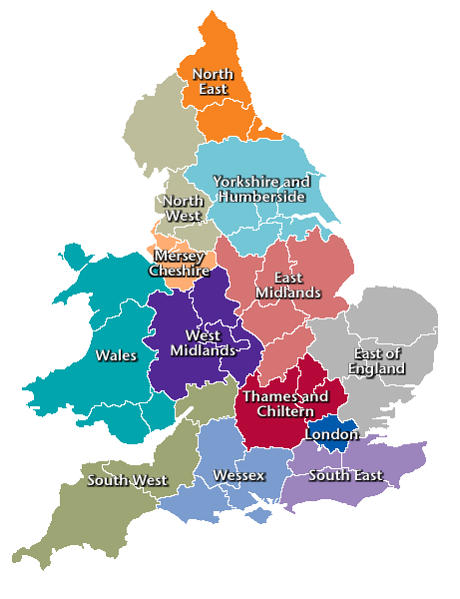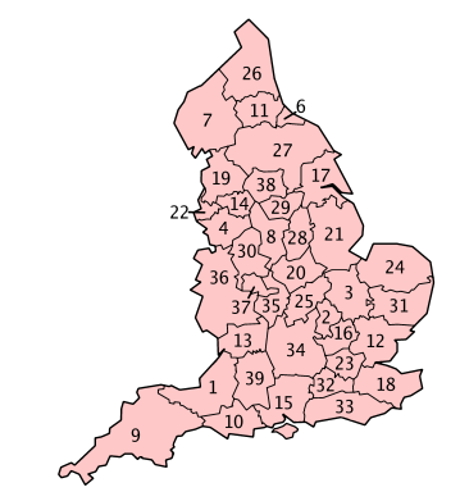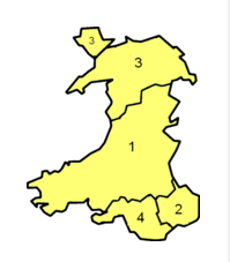Kelly Fiveash‘s story, UK’s chief troll hunter targets doxxing, virtual mobbing, and nasty images starts off:
Trolls who hurl abuse at others online using techniques such as doxxing, baiting, and virtual mobbing could face jail, the UK’s top prosecutor has warned.
New guidelines have been released by the Crown Prosecution Service to help cops in England and Wales determine whether charges—under part 2, section 44 of the 2007 Serious Crime Act—should be brought against people who use social media to encourage others to harass folk online.
…
It even includes “encouraging” statistics:
…
According to the most recent publicly available figures—which cite data between May 2013 and December 2014—1,850 people were found guilty in England and Wales of offences under section 127 of the Communications Act 2003. But the numbers reveal a steady climb in charges against trolls. In 2007, there were a total of 498 defendants found guilty under section 127 in England and Wales, compared with 693 in 2008, 873 in 2009, 1,186 in 2010 and 1,286 in 2011.
…
But the “most recent publicly available figures,” doesn’t ring true does it?
Imagine that, 1850 trolls out of a total population of England and Wales of 57 million. (England 53.9 million, Wales 3.1 million, mid-2013)
Really?
Let’s look at the referenced government data, 25015 Table.xls.
For the months of May 2013 to December 2014, there are only monthly totals of convictions.
What data is not being collected?
Among other things:
- Offenses reported to law enforcement
- Offenses investigated by law enforcement (not the same as #1)
- Conduct in question
- Relationship, if any, between the alleged offender/victim
- Race, economic status, location, social connections of alleged offender/victim
- Law enforcement and/or prosecutors involved
- Disposition of cases without charges being brought
- Disposition of cases after charges brought but before trial
- Charges dismissed by courts and acquittals
- Judges who try and/or dismiss charges
- Penalties imposed upon guilty plea and/or conviction
- Appeals and results on appeal, judges, etc.
All that information exists for every reported case of “trolls,” and is recorded at some point in the criminal justice process or could be discerned from those records.
Can you guess who isn’t collecting that information?
The TheyWorkForYou site reports at: Communications Act 2003, Jeremy Wright, The Parliamentary Under-Secretary of State for Justice, saying:
…
The Ministry of Justice Court Proceedings Database holds information on defendants proceeded against, found guilty and sentenced for criminal offences in England and Wales. This database holds information on offences provided by the statutes under which proceedings are brought but not the specific circumstances of each case. It is not possible to separately identify, in all cases brought under section 127 of the Communications Act 2003, whether a defendant sent or caused to send information to an individual or a small group of individuals or made the information widely available to the public. This detailed information may be held by the courts on individual case files which due to their size and complexity are not reported to Justice Analytical Services. As such this information can be obtained only at disproportionate cost.
… (emphasis added)
I was unaware that courts in England and Wales were still recording their proceedings on vellum. That would be expensive to manually gather that data together. (NOT!)
How difficult is it from any policy organization, whether seeking greater protection from trolls and/or opposing classes of prosecution based on discrimination and free speech to gather the same data?
Here is a map of the Crown Prosecution Service districts:
Counting the sub-offices in each area, I get forty-three separate offices.
But that’s only cases that are considered for prosecution and that’s unlikely to be the same number as reported to the police.
Checking for police districts in England, I get thirty-nine.
Plus, another four areas for Wales:
The Wikipedia article List of law enforcement agencies in the United Kingdom, Crown dependencies and British Overseas Territories has links for all these police areas, which in the interest of space, I did not repeat here.
I wasn’t able to quickly find a map of English criminal courts, although you can locate them by postcode at: Find the right court or tribunal. My suspicion is that Crown Prosecution Service areas correspond to criminal courts. But verify that for yourself.
In order to collect the information already in the possession of the government, you would have to search records in 43 police districts, 43 Crown Prosecution Service offices, plus as many as 43 criminal courts in which defendants may be prosecuted. All over England and Wales. With unhelpful clerks all along the way.
All while the government offers the classic excuse:
As such this information can be obtained only at disproportionate cost.
Disproportionate because:
Abuse of discretion, lax enforcement, favoritism, discrimination by police officers, Crown prosecutors, judges could be demonstrated as statistical facts?
Governments are old hands at not collecting evidence they prefer to not see thrown back in their faces.
For example: FBI director calls lack of data on police shootings ‘ridiculous,’ ‘embarrassing’.
Non-collection of data is a source of bias.
What bias is behind the failure to collect troll data in the UK?




skateboarding
“[…]Bias in Data Collection: A UK Example « Another Word For It[…]”
Trackback by skateboarding — November 6, 2016 @ 10:39 am